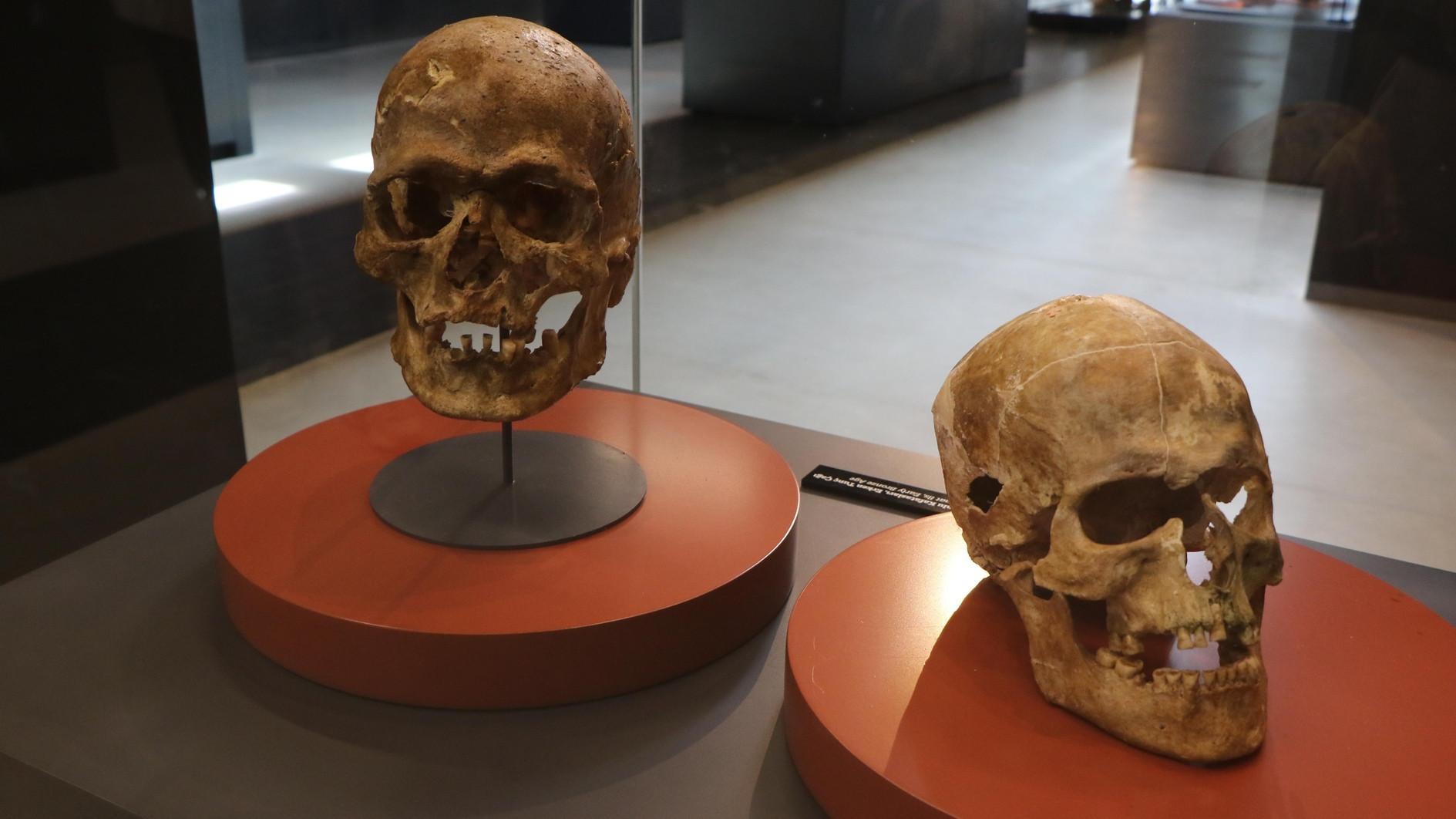Hundreds of bodies ‘on hold’ in clash-hit Turkey town
Gülden Aydın - ŞIRNAK
 The bodies of hundreds of people killed during clashes between Turkish security forces and militants from the outlawed Kurdistan Workers’ Party (PKK) in the southeastern town of Cizre are currently being held, with dozens of them rendered unidentifiable because of burns.
The bodies of hundreds of people killed during clashes between Turkish security forces and militants from the outlawed Kurdistan Workers’ Party (PKK) in the southeastern town of Cizre are currently being held, with dozens of them rendered unidentifiable because of burns.In large cold storages close to the Iraqi border crossing of Habur, the bodies of those killed are awaiting autopsies as well as identification, in laboratories set up by the Şırnak Forensic Institute alongside relatives and friends of the deceased.
The deceased were the casualties of a security operation against the outlawed PKK militants in town centers, which led to fierce clashes in Cizre, a district in the southeastern Şırnak province, between Dec. 14, 2015, and Feb. 11.
Forensic institute officials are currently trying to identify the bodies, each stored in a numbered blue body bag. Officials have said the majority of bodies are burnt, making their identification almost impossible.
“We heard of his death on Feb. 13. Our father, Ahmet Tunç, went [to the forensic institute] to identify him, but failed to do so,” said Murat Tunç, the brother of 18-year-old Orhan Tunç who was killed in Cizre. The brother, uncle and several other relatives of the young man are still waiting for the body.
“Getting the body will not be enough. We will get a document from the attorney in Silopi for the funeral. Burial is prohibited in Cizre, so we will bury [the body of Orhan Tunç] in Şırnak,” he added. Silopi is another district in Şırnak that was kept under curfew for weeks.
“We want peace, we want an end to deaths,” said Halime, Orhan Tunç’s sister. “Do not let what happened in Cizre and Sur anywhere else, do not let the children become orphans.”
Local administration officials have yet to comment on the actual death toll, while the military said 666 “terrorists” were killed in Cizre. However, the Mesopotamia Association for Assistance to Families with Lost Relatives (MEYADER), a non-governmental organization that has unofficially recorded deaths in the southeastern town, put the total number at 167.
Families of the dead were allowed inside the laboratories for identification; however, only 30 of the bodies were reported to be identifiable. Forensic institute officials sent samples from the unidentifiable bodies and with family members’ samples to the Istanbul Forensic Institute for a series of large-scale DNA tests to help with the identification process.
Turkish authorities on Feb. 29 said the number of bodies waiting to be identified was 50. According to official stats, that number dropped to 44 on March 3.
After a weeks-long curfew that was imposed to prevent civilian casualties during military operations against terrorism, Cizre saw a row between the government and lawmakers from the Peoples’ Democratic Party (HDP) early February, with the latter accusing the Turkish administration of failing to provide health services for civilians trapped inside three basement apartments, one in Cizre’s Nur neighborhood and two others in the Cudi neighborhood.
















